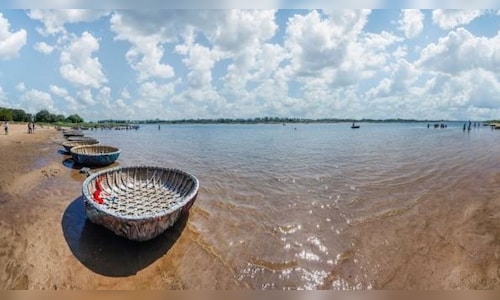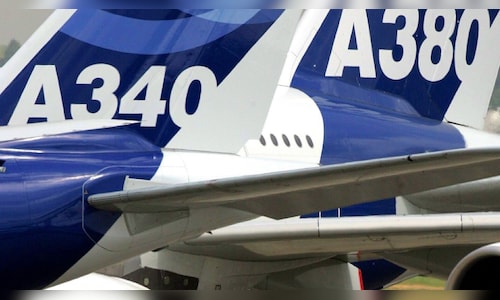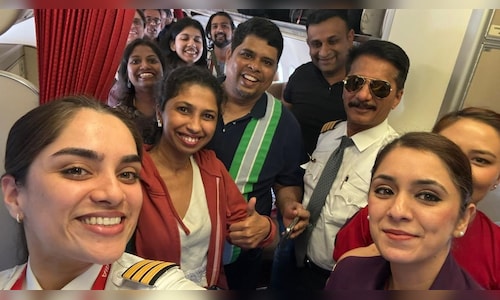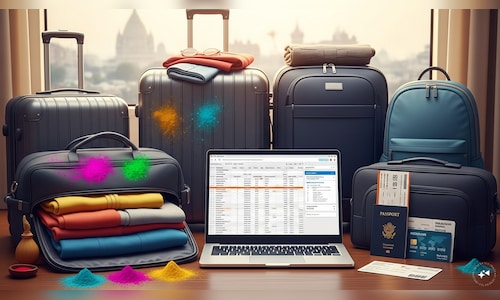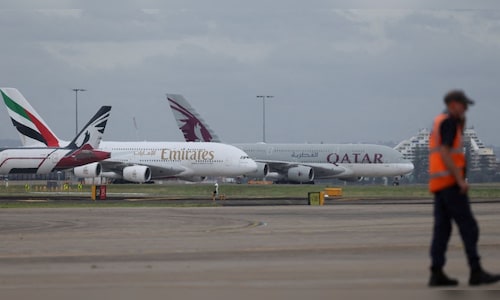Stating that the world is facing a shortage of aircraft post the pandemic, which is affecting the availability of seats, he pointed out that while most flights are running full, any significant bump up on international tourism will need a significant addition in capacity.
With international tourism having doubled in India in the past 10 years, the Minister said at ASSOCHAM’s 105th Annual General Meeting (AGM) that the government is conscious of increasing connectivity and is working on plans to select the best 50 destinations, as he pointed out that political, diplomatic and business travel takes up a lot of travel capacity.
Responding to ASSOCHAM’s Past President and SpiceJet’s CMD Ajay Singh’s question on the India-US trade talks, he said that the government doesn’t negotiate on public platforms like industry bodies, pointing out on a lighter note that probably Singh is “worried about Boeing’s supply of his planes and engines.”
Defending India’s stand of not joining the RCEP, he pointed out that India’s trade deficit with China grew from less than $2 billion to over $40 billion in a decade till 2014, and ASEAN imports from China grew massively after RCEP came into being, but a rise never took place in exports.
Highlighting that the developed world has fallen down in financing for renewable energy by not even giving a 10 bps concession in grant finance, he said that India remains committed to its sustainability goals as it gets into the development of small, modular nuclear reactors.
Urging investment funds to invest more in MSMEs to increase profits, he said that while banks have burnt fingers badly in the past, but they need to be a bit more liberal in loans to MSMEs. The Minister called for the incentivisation of skill development with fair wages and payment of higher salaries by companies to get skilled professionals, as he insisted on quality consciousness and good manufacturing practices to be imbibed in the working of MSMEs. He urged big companies to pay MSMEs earlier in payment cycles once the goods/services are delivered to keep the cost of capital low for the latter.


